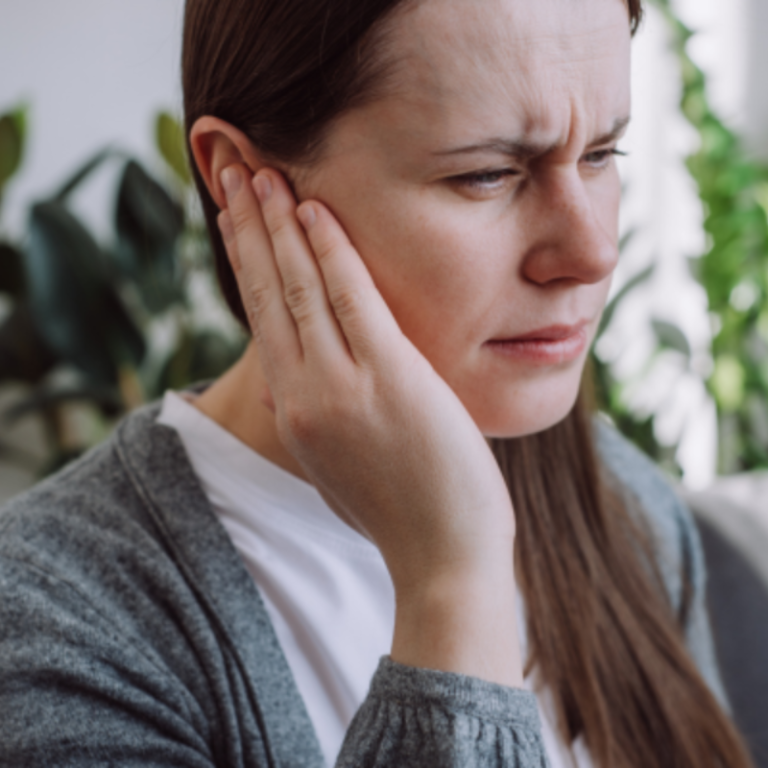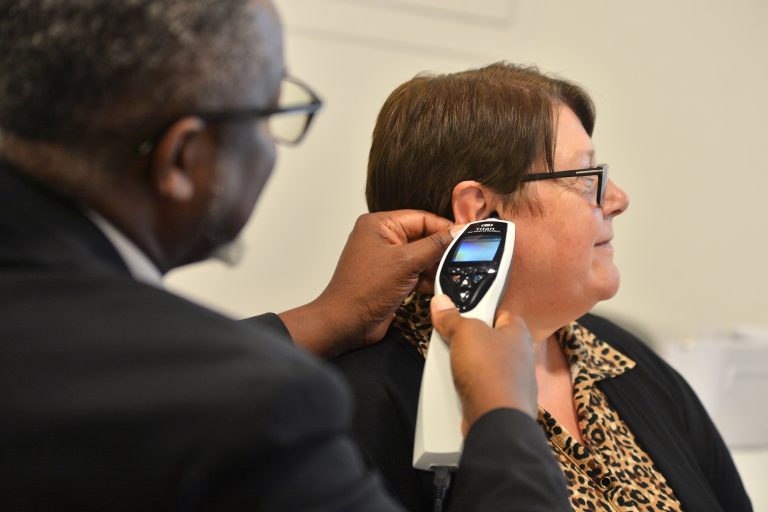Ear infections can be caused by a variety of different things and can affect different parts of the ear. They can be caused by viruses or bacteria and can lead to hearing loss. You may experience different levels of hearing loss after an infection, from mild to severe and it’s usually temporary although, in some cases, the hearing loss may become permanent. Read on to learn more about hearing loss after ear infections.



